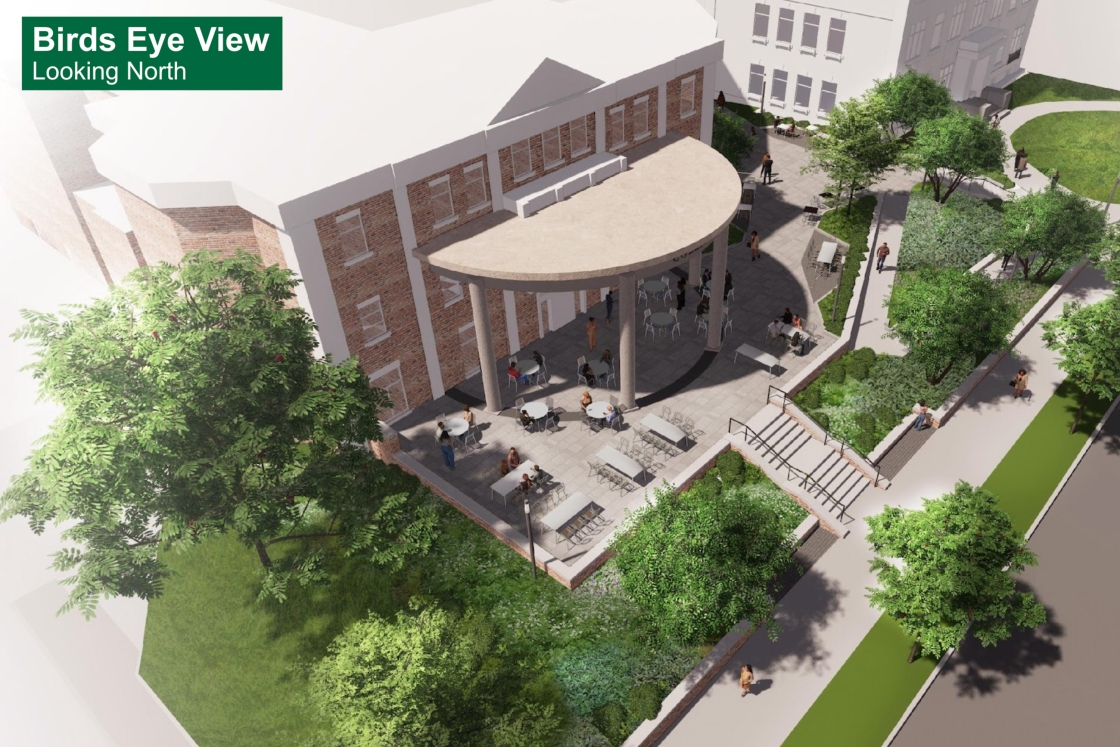Dartmouth has completed the first step of an institution-wide commitment to improving the manner in which it addresses the needs of students with disabilities.
Following a comprehensive assessment of its existing programs, personnel, facilities, and technologies, Dartmouth is poised to begin developing a plan to implement the assessment’s recommendations.
Dartmouth’s approach to addressing disability compliance issues follows the issuance of a consent decree by the U.S. District Court of New Hampshire in December 2018. Dartmouth and an alumna, who filed a disability discrimination lawsuit against the college in 2017 while still a student, agreed to the decree to resolve the alumna’s claims and pave a path forward for future Dartmouth students with disabilities.
“We owe thanks to Staci Mannella ’18 for leading us to review the services we offer, enhance our oversight of accessibility services, and develop new training programs for faculty and staff,” says Dean of the College Kathryn Lively.
Mannella, who was born with a visual impairment and graduated from Dartmouth, alleged in the suit that the College had failed to adequately accommodate her disability.
Even before the completion of the assessment report, Dartmouth began work to fulfill its commitment to students with disabilities by adopting new grievance procedures for addressing alleged failures to provide reasonable accommodations, beginning the process of implementing a data management system to facilitate students accessing accommodations, and expanding the availability the College’s Student Accessibility Services testing center.
In addition to the assessment and creation of a corrective action plan, the decree also calls for the College to:
• Develop and implement new policies and procedures, including designating a new coordinator to manage the work, which falls under the federal Americans With Disabilities Act.
• Develop a protocol which outlines the roles and responsibilities of students, faculty, the Student Accessibility Services office, and the new coordinator and other administrators in requesting, determining, and providing reasonable accommodations or adjustments.
• Formalize the authority of Dartmouth’s school deans to ensure that faculty will provide accommodations that have been identified as reasonable.
The report is available upon request from the Office of the Provost.


